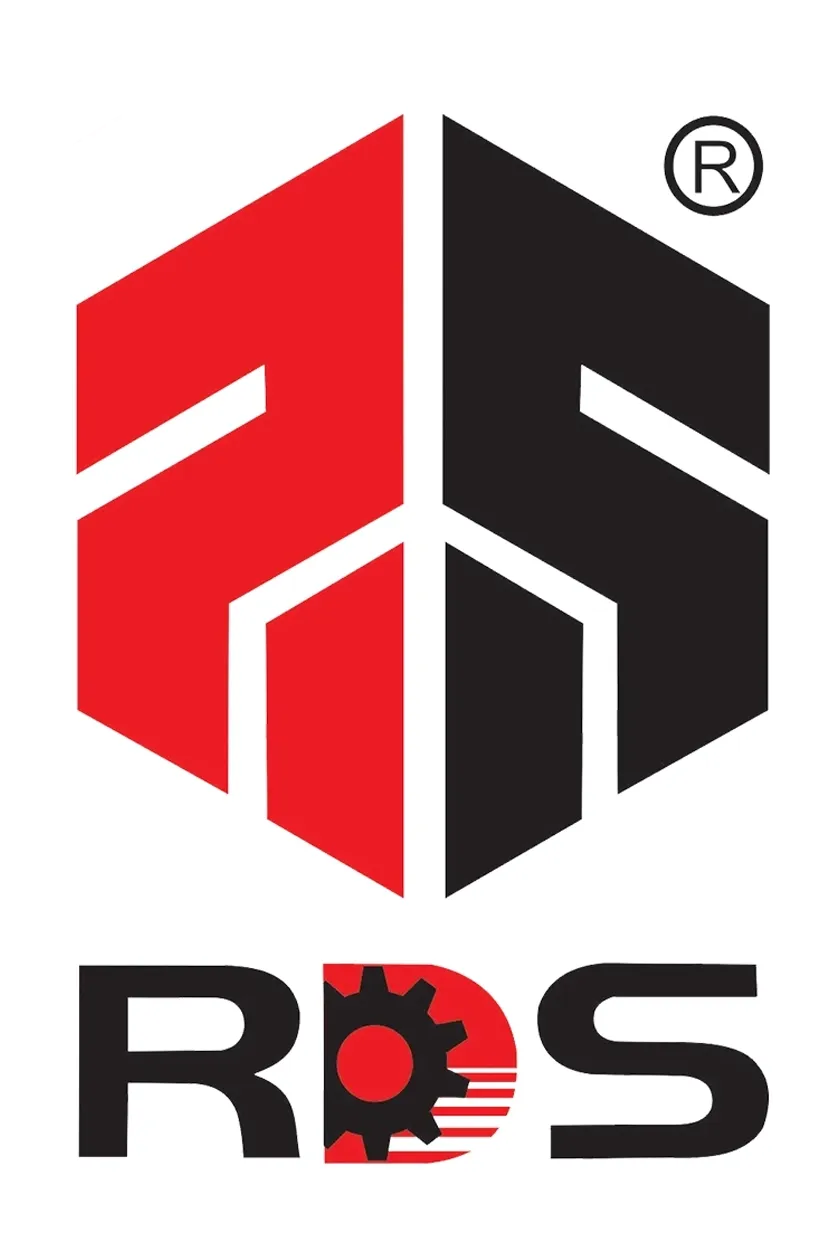The Characteristics of SMC and Its Applications in Automotive Manufacturing
SMC Materials (Sheet Molding Compound) is a sheet-like composite material composed of thickening resin, chopped (and/or continuous) glass fiber reinforcement, fillers, additives, and a load-bearing film covering both surfaces. Typically, it is produced using unsaturated polyester resin as the binder. The resin mixture is formulated with thickening agents, inorganic fillers, initiators, additives, and pigments. After impregnating chopped fibers or felt sheets with this resin blend and covering both sides with polyethylene (PE) film, the material undergoes thickening treatment to form thin sheet-like SMC components.
What are the characteristics of SMC?
The characteristics of SMC include high mechanical strength, lightweight material, corrosion resistance, long service life, high insulation strength, arc resistance, flame retardancy, and excellent sealing performance. Its flexible product design facilitates large-scale production while offering safety and aesthetic advantages. With all-weather protection capabilities, it meets the demands of various harsh environments and sites in outdoor engineering projects, overcoming the shortcomings of outdoor metal equipment boxes such as easy rusting, short lifespan, and poor thermal insulation.
The uncured prepreg is viscous and lacks performance; during actual use, it requires high-temperature molding and curing to obtain high-performance PCM products. For identical components, SMC composites weigh 20% to 30% less than steel, effectively meeting automotive lightweighting requirements. SMC prepregs can incorporate large amounts of flame retardant fillers and additives. Through rational formula design, products achieve high tensile strength, bending strength, and impact toughness. Flame retardant fillers enhance product fire resistance. Additionally, SMC's unique material composition endows products with superior insulation, weather resistance, and corrosion resistance. The molding process of SMC has a short cycle, suitable for mass production. Molding products feature precise dimensions, smooth surfaces, and excellent dimensional consistency. There are no restrictions on product size or shape, and embedded components (such as nuts, bolts, steel plates, etc.) can be pre-molded during production.
Why is SMC material applied in automobile gradually?
SMC boasts the following advantages that make it a viable material for automotive manufacturers:
1. Significantly reduced weight (approximately 20%-35% lighter than steel components with equivalent performance);
2. Integrated component design simplifies manufacturing processes: Metal parts require 10-12 die sets (stamping and forming), while SMC components need only 2 die sets;
3. Lower investment costs (typically 40% less than metal stamping for identical components);
4. Enhanced damage resistance compared to aluminum or steel, particularly in exterior components;
5. Excellent corrosion resistance;
6. Improved noise reduction, vibration control, and surface roughness performance;
7. High design flexibility: SMC delivers Class A surface quality and shares similar linear thermal expansion coefficients with steel, enabling seamless composites with both steel and aluminum;
8. Compatibility with various coating processes: SMC's heat resistance up to 200℃ and excellent compatibility with electrophoretic coatings;
9. Material recycling applications: (1) Particles under 300μm diameter: Replace fillers at 3-15% based on surface finish and mechanical requirements; (2) Fibers and large particles: 30% organic waste incinerated (energy recovery in cement production), 70% recycled into inorganic materials;
10. Pedestrian protection features. The Typical Applications of SMC in Automotive Manufacturing. Currently, SMC materials are utilized not only in exterior components such as front body panels and radiator grilles, but also in functional products like power battery trays and sealing lids. With the maturation of material applications, advancements in manufacturing processes and equipment, and increased production capacity, SMC's automotive applications are bound to expand significantly. This contributes substantially to automotive lightweighting, modernization, and standardization.
RDS composite can customize multiple SMC/DMC products according to the customer’s drawings. Our products are carefully managed from raw material procurement through the entire production process to ensure they meet international standards. We are committed to providing you with reliable quality products and timely delivery of services.
 EN
EN






















